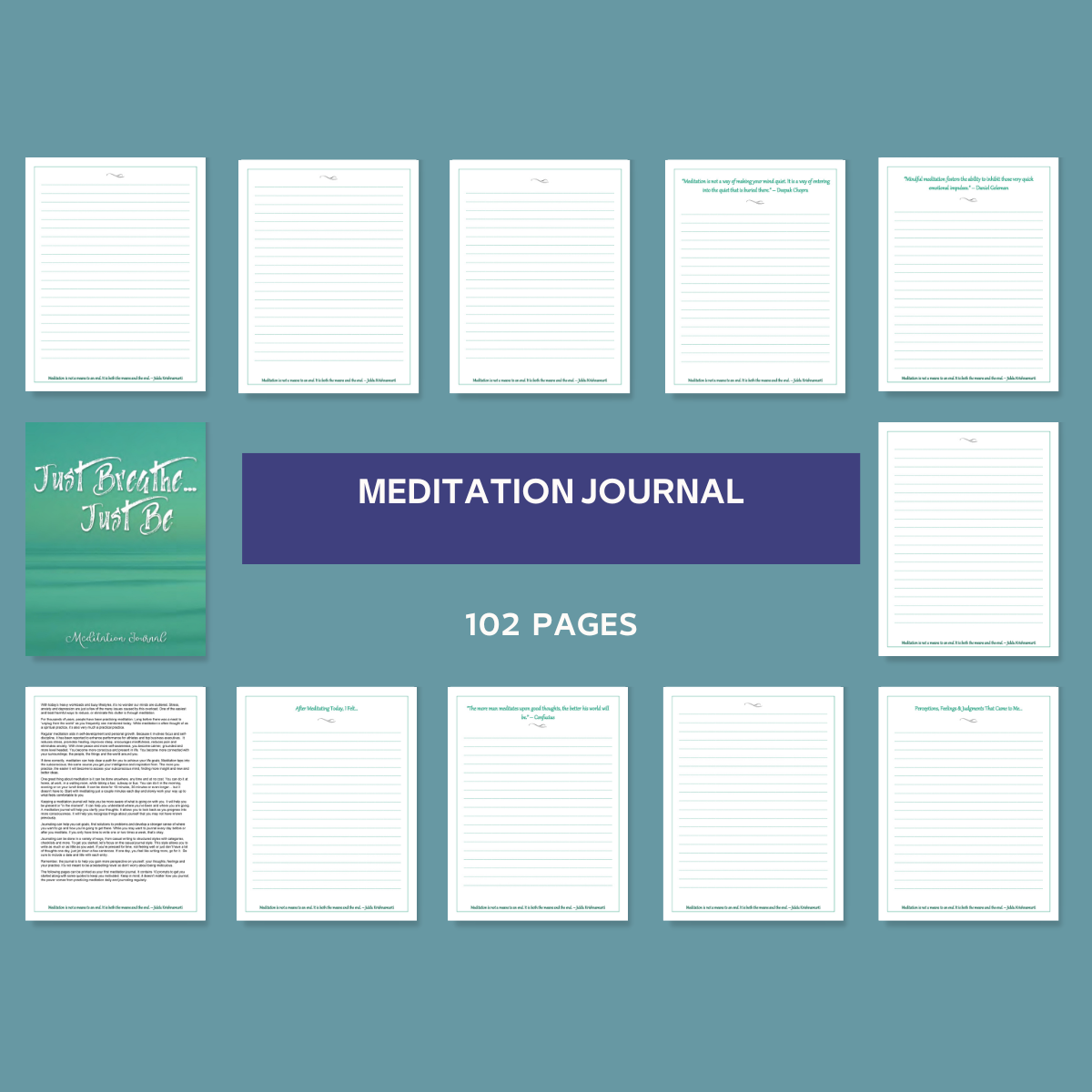Self-forgiveness Workbook
£0.00
Description
Self-forgiveness is the act of releasing oneself from the bonds of guilt and regret that arise from past actions or decisions that did not align with one’s values or expectations. It involves acknowledging one’s mistakes, learning from them, and giving oneself permission to move forward without self-condemnation. This practice is essential because it paves the way for healing and growth, allowing one to step into a more loving and compassionate relationship with oneself.
The importance of self-forgiveness can be seen in its profound impact on one’s Spiritual, emotional, and psychological well-being. Carrying the weight of unresolved guilt can lead to feelings of unworthiness and despair, blocking the flow of Divine energy through one’s life. By embracing self-forgiveness, one opens up to the Divine grace that supports transformation and renewal. This act not only heals the individual but also fosters a greater capacity to forgive others, thereby enriching relationships and creating a more harmonious environment.
In essence, self-forgiveness is not just a kind gesture towards oneself but a critical step on the path to wholeness and Spiritual awakening. It allows one to reclaim their power from past errors and to use their experiences as stepping stones toward a higher purpose, aligned with the Divine will and the greater good of the Universe.
Self-Forgiveness Workbook
The “Self-Forgiveness” Workbook provides a comprehensive guide on understanding and practicing self-forgiveness. It begins by defining forgiveness and highlighting the unique challenges and processes involved in forgiving oneself as opposed to forgiving others. Key aspects include taking responsibility for one’s actions, navigating the emotions of guilt and shame, and maintaining a positive sense of self throughout the process.
The document emphasizes that self-forgiveness is not an immediate act but a gradual process that involves emotional work and reflection. It introduces concepts such as the release of self-directed negative emotions, cultivation of positive emotions like self-compassion, and the acknowledgment of one’s mistakes. Additionally, it discusses the steps to genuine self-forgiveness, including taking responsibility, feeling remorse, restoration, and renewal, aimed at achieving moral growth and self-compassion.
Moreover, the workbook provides practical exercises and prompts to guide individuals through the process of self-forgiveness. These activities encourage reflection on past actions, the emotions they provoke, and the steps necessary to move forward and forgive oneself. The ultimate goal is to help individuals break free from the cycle of self-blame and to foster a more compassionate and accepting relationship with oneself.






